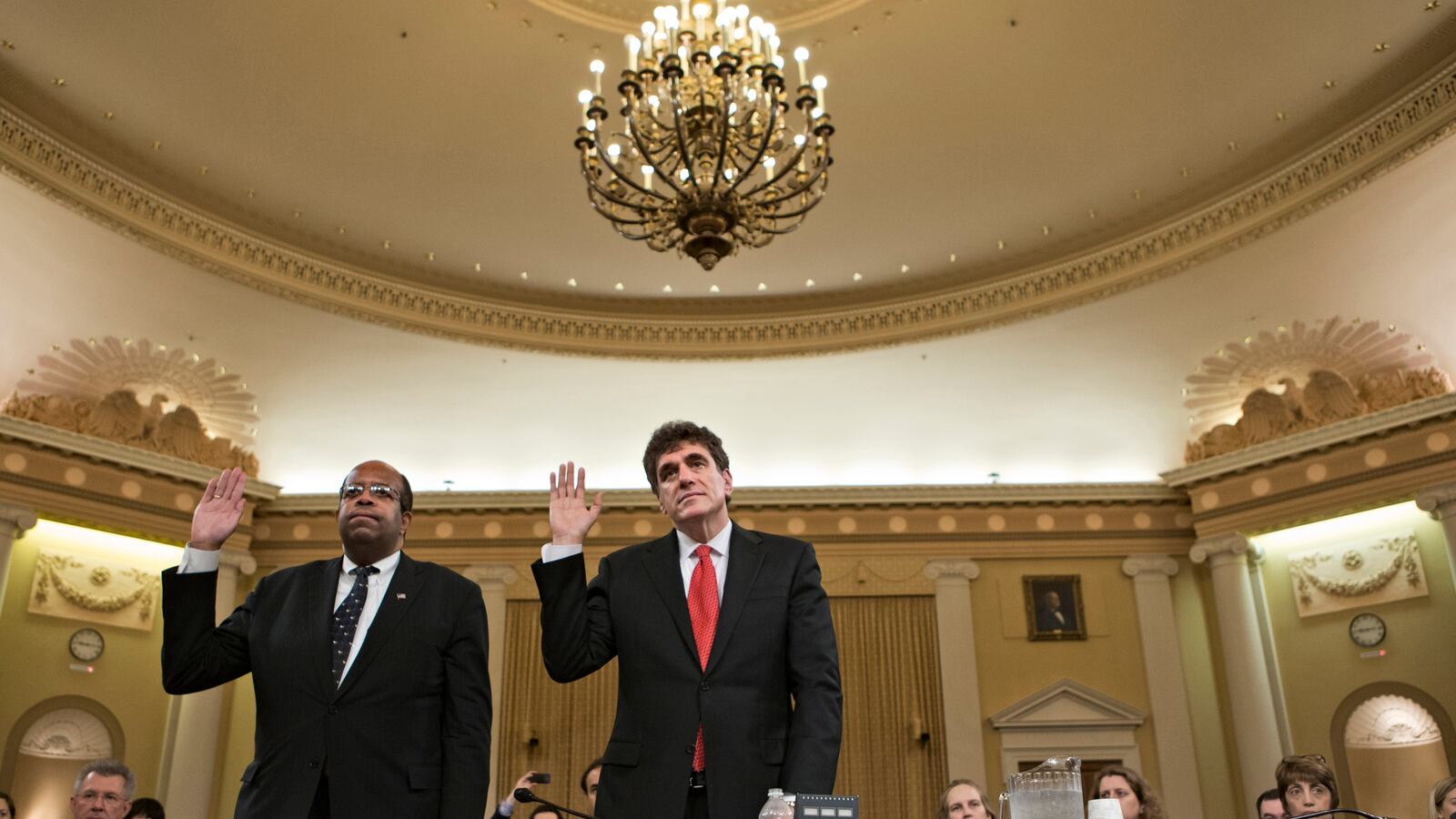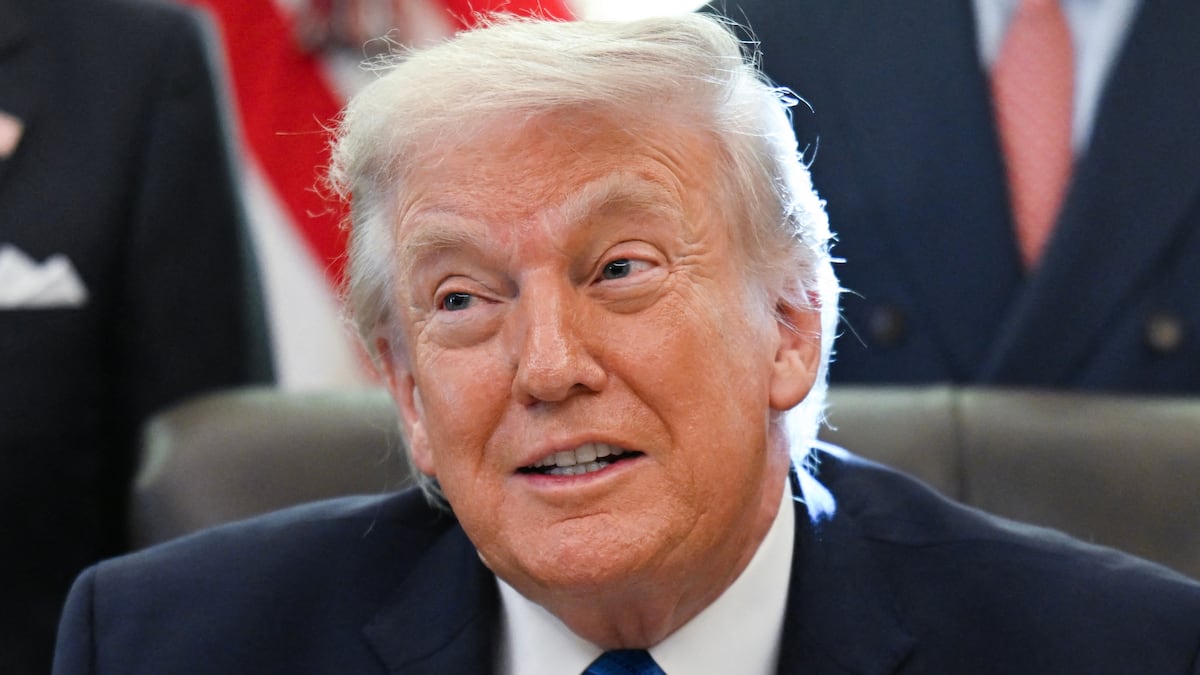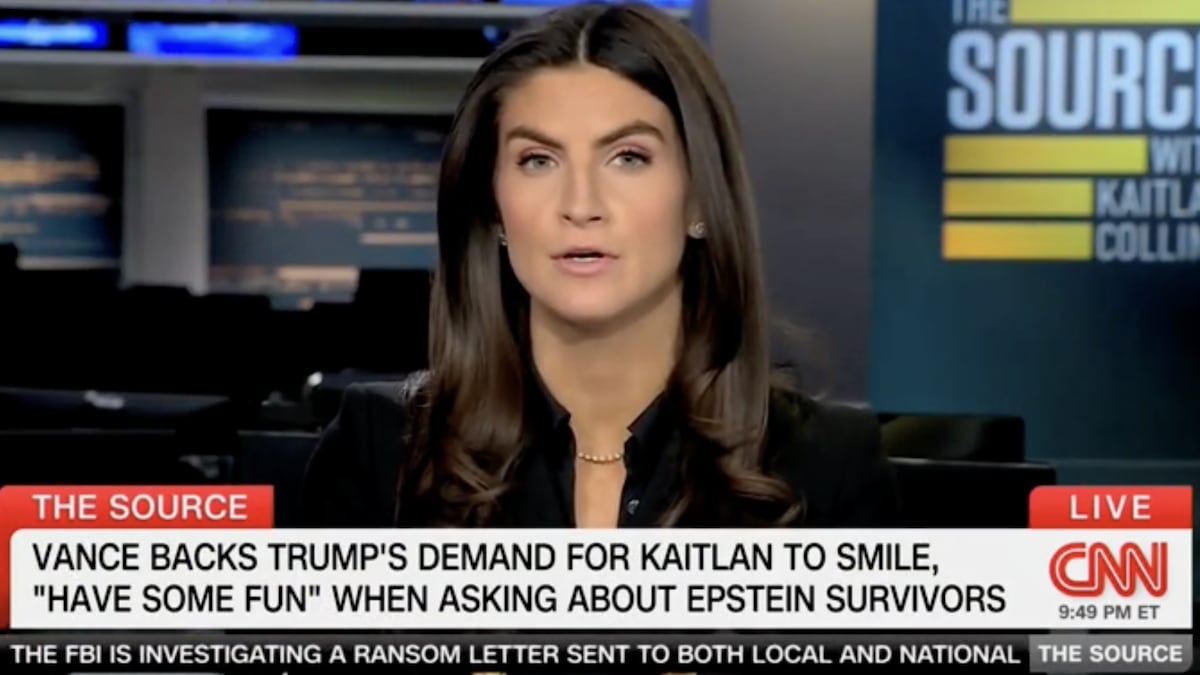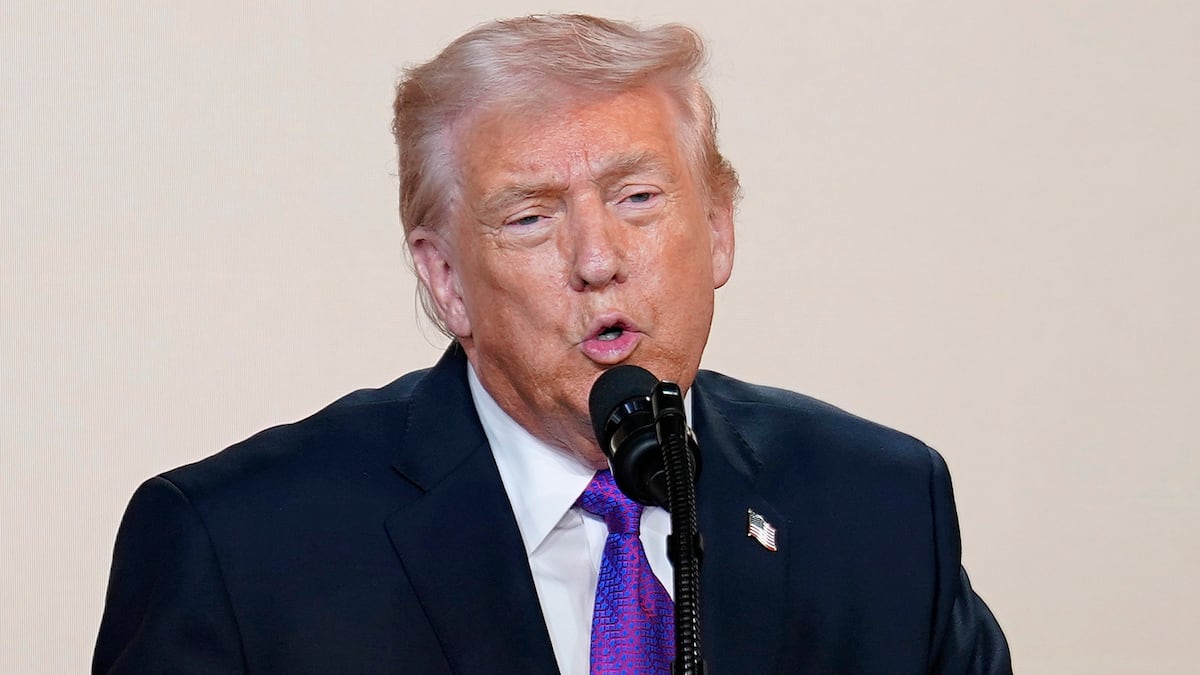Since the hullabaloo over IRS investigations of Tea Party groups broke last week, Democratic partisans have mostly been telling President Obama the same thing. First, clear this scandal off your plate so you can focus on the others. Second, the people responsible for this mess, at least according to the Inspector General’s report, were bureaucratic grunts and Bush appointees—you don’t owe them anything. Third, everyone hates tax collectors anyway. In other words, stand aside as congressional Republicans beat the IRS to a pulp.

That would be a terrible mistake.
It would be a mistake because while Obama is not personally implicated in the IRS controversy, the things he believes in most deeply are. Conservatives love the IRS scandal because it supposedly rips the smiley-face mask off government and reveals it to be a “sinister” (Peggy Noonan), “arrogant” (Noonan), “ravaging tyrant” (David Brooks) abusing largely powerless American patriots. As a perennial warning against the abuse of government power, that story has merit. But as a description of the actual relationship between the public and private sector in America today, at least outside the national-security realm, it’s mostly nonsense. And if Obama and his fellow Democrats don’t rebut that narrative and defend the IRS, they’ll be surrendering crucial ground in the battle that has roiled American politics since the financial crisis: the battle over whether Washington regulates too much or too little.
The right’s tale of powerful IRS ideologues preying on weak and naïve citizens’ groups bears little relationship to reality. In truth, as an invaluable New York Times investigation explained yesterday, the Cincinnati office that reviewed the Tea Party applications was an “understaffed,” “unglamorous” “backwater.” Its ill-trained, “low-level” staffers “rarely discussed politics.” What they did discuss, according to the Times, was the fact that they were “overrun with applications” that they could not competently process.
In 2010, the fewer than 200 employees of the IRS’s Determinations Unit were already struggling to respond to tens of thousands of applications for tax-exempt status from 501(c)3 nonprofits threatened by a change in the tax code. Then along came the Supreme Court in Citizens United, which made it clear that corporations could contribute directly to another category, 501(c)4 nonprofits, which could spend vast sums to influence elections without having to disclose their donors. Soon, boatloads of new political organizations began asking to be designated as 501(c)4s, a category traditionally meant for groups that perform “social welfare” functions like volunteer firefighting and maintaining community gardens. (Those are some of the actual examples used on the IRS website.)
Since 501(c)4s cannot make political activity their “primary purpose,” it made sense for IRS staffers to look carefully at the politically oriented applicants. (“Which do you think deserves special attention to determine possible violations of the political rules?” writes Kurt Eichenwald in Vanity Fair. “Patriots for Obamacare? Or the Laurel Garden Club?”) As the “review process slowed to a crawl” under the weight of all these new applications, IRS staffers in Cincinnati, few of whom were experts in tax law, began using keywords like “educating on the Constitution” and “social economic reform/movement” to screen applicants. These short cuts didn’t only flag right-of-center groups. Contrary to Noonan’s claim that “only conservative groups were targeted,” more than 24 liberal groups were lumped into the same category. But it is true that many Tea Party groups were ensnared, perhaps because there were more of them starting up around 2010 (when the Tea Party movement was at its apex) and perhaps because the IRS flagging system disproportionately affected conservative groups.
What happened at the IRS Determinations Unit wasn’t OK. It was a mess. But it was a mess born less of overregulation than underregulation. The core problem was that after Citizens United, a section of the tax code designed to allow people to donate anonymously to garden clubs became a popular way for billionaires to secretly funnel vast sums to Karl Rove (and his Democratic equivalents) to savage political opponents and sway elections. Even conservatives who oppose government restrictions on money in politics generally acknowledge that the public should at least know who is spending what. And yet Citizens United has turned 501(c)4s into a trendy way to avoid that.
To make matters worse, even the modest firewall against abuse (the fact that 501(c)4s couldn’t make electioneering their “primary purpose”) proved impossible for the IRS to competently uphold because it lacked enough well-trained staff. And because that lack of resources produced a scandal, congressional Republicans will now likely take the opportunity to kneecap the agency further. Already, Pulitzer-Prize-winning tax reporter David Cay Johnston notes, budget cuts have left the IRS with 20 percent less money per capita than it had in 2002. This hasn’t much affected its ability to collect taxes from the middle- and working-class Americans whose income taxes are deducted from their paychecks. But it has made it harder to collect taxes from corporations, “especially those operating on a global scale.” Now because of the current IRS scandal, those corporations will be more easily able to secretly determine the outcomes of American elections too.
That’s why Obama can’t let the GOP’s tale of totalitarian regulators and oppressed Tea Partiers go unchallenged. When it comes to the relationship between government and the market, we do not live in an age of tyrannical government power. To the contrary, we live in a second gilded age in which the people who benefit most from America’s exploding income inequality have used their wealth to disembowel the regulatory systems through which government protects ordinary Americans. Our financial regulatory system proved too weak to prevent Wall Street from creating essentially unsupervised financial markets that bankrupted millions of Americans when they crashed. Our environmental regulatory system proved too weak to prevent an oil spill that nearly destroyed the Gulf of Mexico. A right-wing Supreme Court has made it virtually impossible to regulate money in elections. And now Republicans are casting the Tea Party—a movement founded in part by robber barons like the Koch Brothers—as the victim of a mythic, all-powerful IRS in order to further neuter an actually existing IRS that is already too weak to make the rich pay their taxes or respect the rules of democratic fair play. With any luck, the GOP will render it unable to help competently implement Obamacare as well.
It might seem shrewd for Obama to sit out the IRS scandal while he focuses on bigger fights. But this scandal is about government’s capacity to make private wealth serve the public interest, and for a progressive president, there’s no bigger fight than that.






